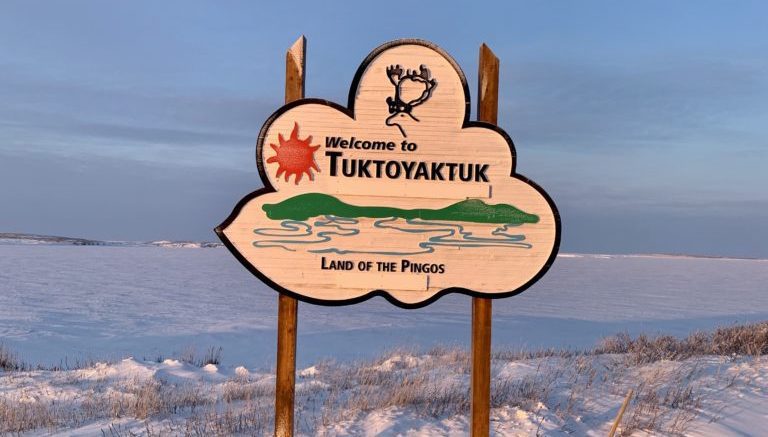The Government of the Northwest Territories is considering a zone-based approach to fuel price rebates.
Minister of Finance Caroline Wawzonek confirmed such a system was in the works during a sitting of the Legislative Assembly on Feb. 8.
The assembly is debating what to do about coming increases to the federal carbon tax, with a bill to increase fuel prices in the territory to be voted on during this assembly.
In response to questions from Nunakput MLA Jackie Jacobson, Wawzonek confirmed a zone-based system is in the works, where communities with higher fuel use, particularly those in the high arctic, would get a larger rebate than those that use less fuel.
“What the Department of Finance has done is calculate what we anticipate both the direct and indirect costs of the federal carbon tax would be, and we’ve divided up, based on three zones of the Northwest Territories, high fuel use, medium fuels use, and low fuel use,” said Wawzonek.
Under this system, Wawzonek said, three of the four communities in Nunakput — Paulatuk, Ulukhaktok and Sachs Harbour — would be in “Zone A,” with the highest fuel rebate, whereas Tuktoyaktuk would be in “Zone B.”
However, Wawzonek did not say exactly which of the 33 communities in the territory would be in which zone.
Jacobson, whose riding is the northernmost in the territory, praised the approach, but said the territory should go even farther. “Is this minister and this government going to protect us in regards to letting the federal government take their dirty work and let us manage it for them?” He asked.
He called on the GNWT to accept the federal government’s mandatory backstop on carbon..
But Wawzonek said a zone-based approach to rebates likely would not be possible if the GNWT defaults to the federal backstop. “If we put ourselves into their system, we have even less control over what happens with the revenues that are generated from Northwest Territories residents,” she said.
In 2021, environment and climate change Canada announced the price of carbon would increase by 15 dollars a tonne annually between 2023 and 2030. In response, Wawzonek tabled a bill late last year modifying the territory’s fuel price increase schedule. Were the bill adopted as written, gasoline would go from 11.7 cents per litre to 14.3 cents per in April, and would increase to about 37 and a half cents per litre by 2030. Propane would become 10 cents per litre next April, and increase to more than 26 cents per litre by 2030.
The bill, An Act to Amend the Petroleum Products and Carbon Tax Act, has been controversial among regular members of the assembly, particularly those who represent smaller communities outside Yellowknife. During a review of the bill by the Standing Committee on Government Operations in January, Jacobson said he would vote against the bill when the time came.
Thebacha MLA Frieda Martselos also said she would vote against the bill, referring to the carbon tax as “a dictator trying to tell us what to do from Ottawa.”
If adopted, the bill will come into force on April 1.





